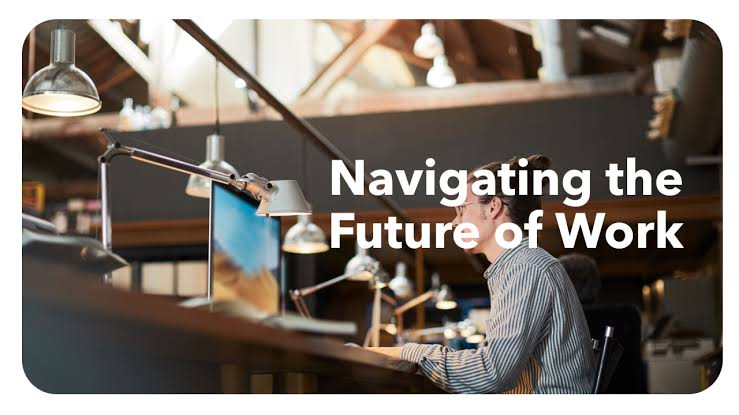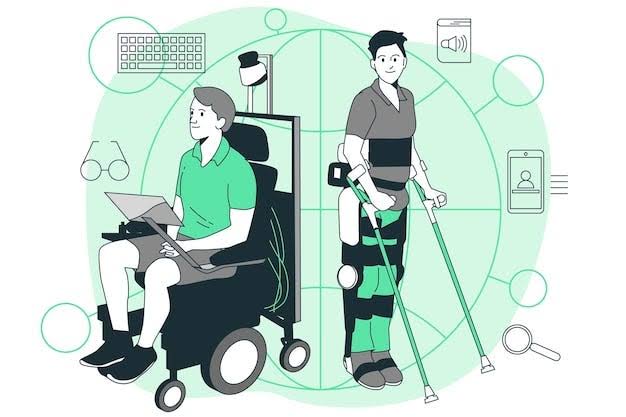The landscape of work is evolving rapidly as automation, artificial intelligence (AI), and machine learning technologies transform industries across the globe. In July 2025, Canada and many other countries are grappling with the question of how to prepare their workforce for this seismic shift. While automation promises efficiency and economic gains, it also threatens to displace traditional job roles. The solution lies in prioritizing upskilling and reskilling initiatives to empower workers with the tools needed to stay relevant and competitive in the modern economy.
Understanding the Need for Workforce Transformation
As automation takes over routine and repetitive tasks, the demand for highly adaptable, digitally proficient workers is rising. Roles in manufacturing, customer service, transportation, and even financial services are being redefined or replaced by automated systems. However, this transformation is also creating a surge in demand for roles in cybersecurity, data science, digital marketing, robotics maintenance, and AI development. Without proactive measures to bridge the skills gap, millions of workers may be left behind, widening socioeconomic inequality and slowing overall productivity growth.
What Is Upskilling and Reskilling?
Upskilling refers to the process of enhancing existing skills to perform better in one’s current job or to adapt to changes within the same profession. For example, a digital marketer might upskill by learning how to use new AI-powered analytics tools. Reskilling, on the other hand, involves learning new skills for a different role or industry. A factory worker transitioning into a role as a data entry technician or IT support specialist is an example of reskilling. Both are vital strategies for workforce survival and growth in an era dominated by technology.
Canada’s National Strategy on Upskilling
As of July 2025, Canada continues to invest heavily in national programs that support skill development. The federal government has expanded its Future Skills Centre initiative, offering grants to organizations that provide industry-relevant training programs. Additionally, provincial governments, especially in Ontario, British Columbia, and Alberta, are collaborating with colleges, universities, and tech companies to offer micro-credentials and short-term certification programs in areas like coding, cybersecurity, renewable energy, and artificial intelligence. These government efforts are focused on helping both youth and mid-career workers remain relevant.
Role of Employers in Supporting Skill Development
The private sector is playing a critical role in the reskilling revolution. Forward-thinking companies are investing in employee development programs rather than hiring externally. Employers are partnering with educational institutions and online learning platforms to provide on-the-job training, workshops, and digital courses. In Canada, top firms in the finance and tech sectors have launched internal “learning academies” that allow workers to complete certifications during work hours. These companies have realized that investing in employee growth not only boosts productivity but also increases loyalty and job satisfaction.
The Rise of Online Learning and EdTech
Online learning platforms have become an essential component of upskilling and reskilling. Platforms like Coursera, edX, LinkedIn Learning, and Udacity offer flexible and affordable options for individuals looking to enhance their skills. As of 2025, many Canadian universities are offering online diplomas and micro-credentials in partnership with these platforms. The integration of AI in these systems enables personalized learning paths, making it easier for learners to progress at their own pace. Remote learning has become more accessible, especially in rural and underserved communities, thanks to increased government support for broadband infrastructure.
Key Skills for the Future
In the age of automation, the most valuable skills extend beyond technical knowledge. While digital literacy, coding, data analysis, and AI familiarity are in high demand, soft skills like critical thinking, emotional intelligence, adaptability, and creativity are equally important. As machines take over data-heavy tasks, human roles are increasingly focused on problem-solving, innovation, and interpersonal communication. Workers who can combine technical proficiency with strong soft skills will be the most competitive in future job markets.
Inclusion and Equity in Reskilling Initiatives
One of the challenges in the upskilling movement is ensuring that opportunities are accessible to all. Marginalized communities, older workers, and individuals with lower education levels often face greater barriers to skill acquisition. Canada’s 2025 employment policy places emphasis on inclusion by providing financial support, language training, and targeted programs for Indigenous peoples, recent immigrants, and women returning to the workforce. Non-profit organizations and community learning hubs are also stepping up to deliver localized, culturally sensitive training solutions that meet the diverse needs of learners.
The Role of AI in Personalized Learning
Artificial intelligence is not only reshaping the job market but also revolutionizing how we learn. AI-powered platforms can analyze learner behavior and adapt course content accordingly, creating a more effective and engaging educational experience. In Canada, schools and training centers are increasingly incorporating AI tools to assess performance, predict outcomes, and recommend optimal learning paths. This technology helps learners focus on areas that need improvement, ultimately making upskilling and reskilling faster and more impactful.
Overcoming Challenges in Workforce Transition
Despite all the advancements, there are real challenges. Resistance to change, lack of awareness, financial constraints, and uncertainty about which skills to pursue can all hinder progress. To overcome these barriers, coordinated efforts from governments, employers, educational institutions, and workers themselves are essential. Awareness campaigns, career counseling, and accessible financing options like Canada’s Lifelong Learning Plan and training tax credits are steps in the right direction. Encouraging a mindset of continuous learning is crucial to long-term adaptability.
Conclusion
The future of work is undeniably intertwined with the rise of automation, but it doesn’t have to be a story of job loss and displacement. With the right strategies for upskilling and reskilling, individuals and nations can turn this disruption into an opportunity. In July 2025, Canada is among the countries leading the charge by investing in education, digital infrastructure, and inclusive training programs. As the workforce continues to evolve, those who embrace lifelong learning will not only remain employable—they will thrive in a smarter, faster, and more interconnected world.




Sometimes risk taking is good for business
Sometimes taking risks that worth it in business are necessary